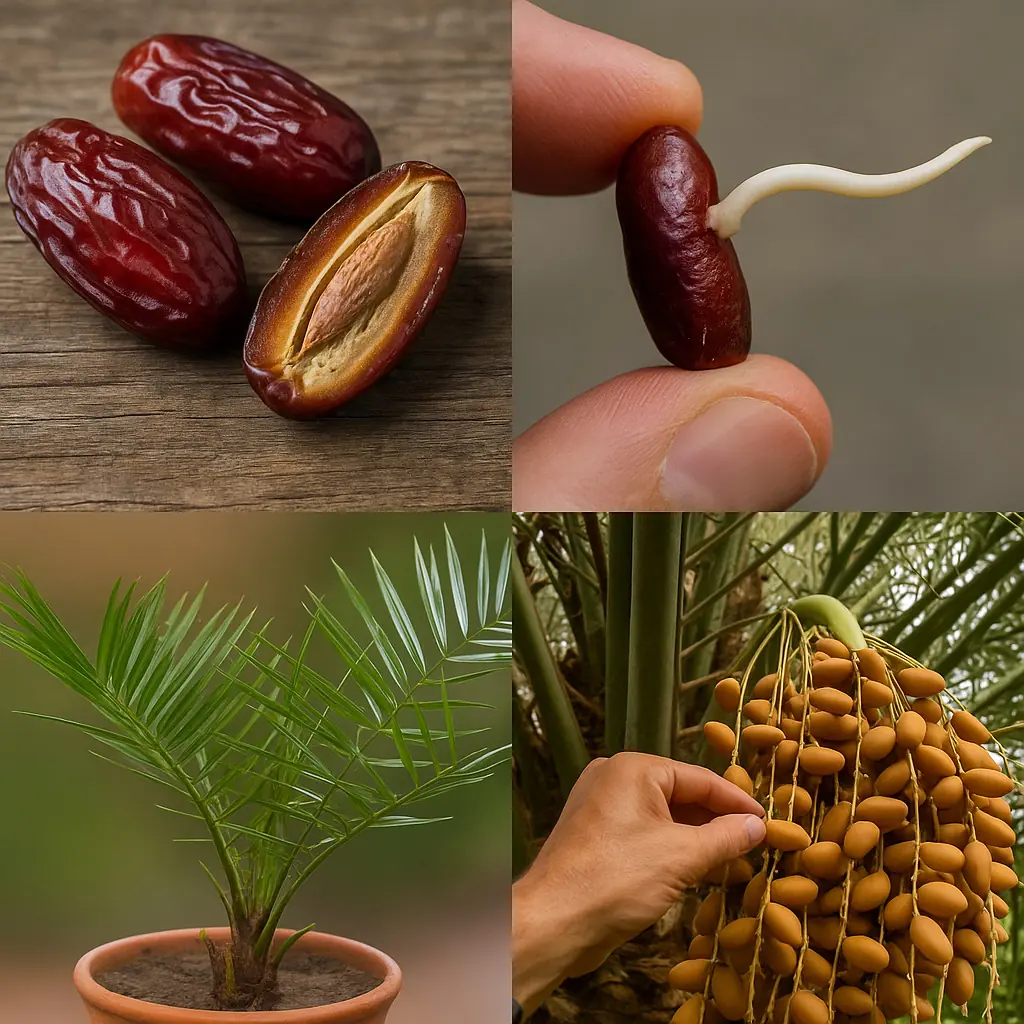
The #1 Food for Detoxifying and Supporting Kidney Health
The #1 Food for Detoxifying and Supporting Kidney Health
Did you know that one simple vegetable might be among the best foods for protecting your kidneys and helping them recover from toxicity?
When people are diagnosed with kidney disease—especially end-stage kidney disease (ESKD)—the outlook can feel discouraging. Options like dialysis are often physically and emotionally draining, and medications can sometimes worsen kidney strain over time. But according to nutrition experts, supporting the kidneys naturally through diet may help reduce some of that burden and improve long-term wellness.

🩺 Kidney Disease: Don’t Give Up on Your Kidneys
Your kidneys are not just filters; they are sophisticated detox organs that clean your blood 24/7. However, most medications—while necessary for many people—are processed through the kidneys and can sometimes add extra stress to already weakened tissues.
That’s why, when dealing with compromised kidneys, it’s often best to focus on natural, gentle solutions that have minimal side effects and work in harmony with your body.
⚙️ Why You Can’t Live Without Your Kidneys
The kidneys have an incredible range of functions beyond filtering water and waste:
-
They help eliminate toxins such as pesticides, heavy metals, plastics, and excess minerals.
-
They regulate electrolyte balance and control blood pressure.
-
They assist in the activation of vitamin D, which supports bone health and immune function.
-
They play a role in removing excess sugar from the bloodstream—one reason diabetes is the number one cause of kidney disease.
-
They also filter out protein byproducts like ammonia, which can be toxic to the brain and nerves.
Your liver and kidneys work together in what’s known as the urea cycle, converting ammonia into urea, which the kidneys then excrete safely. If either organ becomes overwhelmed by toxins or inflammation, that system breaks down—allowing harmful substances to circulate in the body.
Because we are constantly exposed to environmental pollutants and poor dietary choices, keeping both organs healthy is essential.
🚨 Common Symptoms of “Toxic” or Overloaded Kidneys
When the kidneys struggle to do their job, symptoms may appear gradually. Warning signs can include:
-
Gout: Caused by a buildup of uric acid that the kidneys can’t excrete efficiently—often affecting the big toe.
-
Kidney Stones: Hard calcium-oxalate deposits that form when urine becomes too concentrated.
-
Puffy Eyes or Facial Swelling: Especially around the eyes upon waking.
-
Ankle or Leg Edema: Swelling that leaves an indentation when pressed, indicating fluid retention.
-
Itchy Skin or Rashes: A sign that toxins are accumulating beneath the surface.
-
Dark or Foamy Urine: This can mean excess protein or poor filtration, similar to how an old car filter becomes clogged and dark over time.
-
High Blood Pressure: Often both a cause and a result of kidney strain.
If you experience several of these symptoms, it’s important to speak with a healthcare professional—but it also means your diet and hydration habits deserve close attention.
🥬 The #1 Food for Supporting Kidney Detox: Bok Choy
So, what’s the best food for your kidneys?
Surprisingly, it’s bok choy, a crisp and nutrient-rich cruciferous vegetable in the cabbage family.
Here’s why bok choy stands out:
-
It Supports Detoxification:
Bok choy contains compounds that activate phase II liver detoxification enzymes, helping your body transform harmful chemicals into harmless forms. This process indirectly lightens the load on your kidneys by preventing toxin buildup in the bloodstream. -
It’s Rich in Potassium and Magnesium:
These minerals are essential for maintaining electrolyte balance and healthy blood pressure. Potassium helps neutralize excess sodium and supports kidney filtration efficiency. -
It’s Low in Oxalates:
Unlike spinach, almonds, and certain grains, bok choy contains almost no oxalates—making it one of the safest vegetables for people prone to kidney stones. -
It’s Low in Protein:
For people with proteinuria (excess protein in urine), bok choy is gentle on the kidneys and won’t add to the protein burden.
Simple Ways to Enjoy Bok Choy:
Lightly steam or sauté it with garlic and a sprinkle of sea salt or olive oil. It pairs beautifully with fish, tofu, or as part of a warm salad.
🍎 Other Natural Kidney-Supporting Remedies
While bok choy takes the top spot, several other foods and natural ingredients can complement kidney detox and function:
2. Apple Cider Vinegar (ACV)
ACV contains acetic acid, which supports kidney health, helps regulate blood sugar, and may reduce calcium deposits that lead to stones. Mix one tablespoon in a glass of water once or twice daily.
3. Lemon Juice
Lemon juice is rich in citric acid, which helps dissolve kidney stones and prevent new ones from forming. Though acidic outside the body, it has an alkalizing effect internally, reducing gout flare-ups and uric acid buildup.
4. Celery and Celery Juice
Celery naturally lowers ammonia and urea levels in the blood and promotes healthy urine flow. It’s also hydrating and packed with antioxidants.
5. Lower Protein Intake
If your kidneys are leaking protein, scale back to about 3 ounces of high-quality protein per meal—focusing on plant-based sources or wild-caught fish. Too much animal protein can worsen kidney stress.
6. Increase Potassium-Rich Foods
A diet abundant in potassium-rich vegetables—like leafy greens, avocados, and squash—supports kidney health and balances sodium levels. Contrary to popular belief, most people need more potassium, not less, unless medically restricted.
7. Drink Distilled or Filtered Water
Distilled water is free of contaminants and minerals that may contribute to kidney stones. Alternate with mineral water if you need to replenish electrolytes, but keep overall hydration consistent.
8. Add Probiotics and Liver Support
A healthy gut microbiome reduces ammonia production in the intestines, taking pressure off your kidneys. Consider adding probiotic foods like yogurt, sauerkraut, or kefir.
Supporting the liver with herbs like milk thistle also helps both organs work more efficiently together.
9. Get Enough Zinc
Zinc assists in reducing ammonia and urea levels and supports immune balance. Foods such as pumpkin seeds, lentils, and oysters are excellent sources.
🧘♀️ Lifestyle Tips for Long-Term Kidney Health
Beyond diet, simple daily habits can make a big difference:
-
Stay well hydrated—aim for 6–8 glasses of clean water daily.
-
Avoid sugary drinks and processed foods, which raise insulin and damage kidney tissue.
-
Reduce exposure to environmental toxins (pesticides, plastics, artificial additives).
-
Practice intermittent fasting or low-carb eating patterns if recommended by your doctor to lower blood sugar and inflammation.
✅ The Takeaway
Your kidneys are remarkably resilient organs. Even when damaged, they can often improve with the right nutritional and lifestyle support.
Among all kidney-supportive foods, bok choy shines for its low oxalate content, detoxifying properties, and mineral balance. When combined with other natural helpers like lemon juice, apple cider vinegar, celery, probiotics, and a low-protein, high-vegetable diet, it can form the foundation of a gentle yet powerful kidney health routine.
Always consult your healthcare provider before making major dietary changes—especially if you have kidney disease—but remember: you don’t have to give up on your kidneys. With the right choices, you can help them heal naturally and keep your body’s most important filters working smoothly.
News in the same category

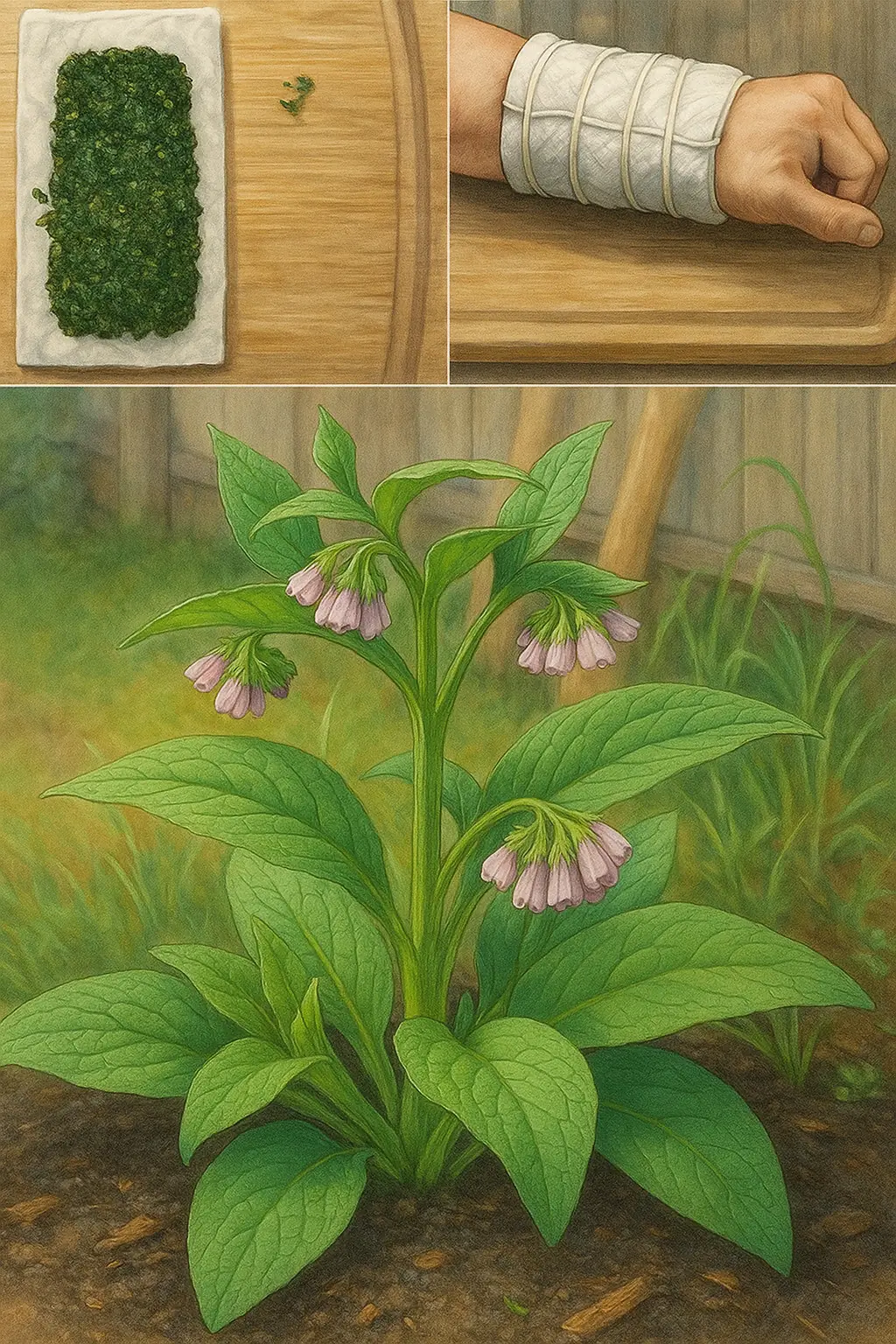
The Incredible Benefits of Common Comfrey: Uses, Remedies, and Precautions

14 Reasons to Drink Lemon Water First Thing in the Morning
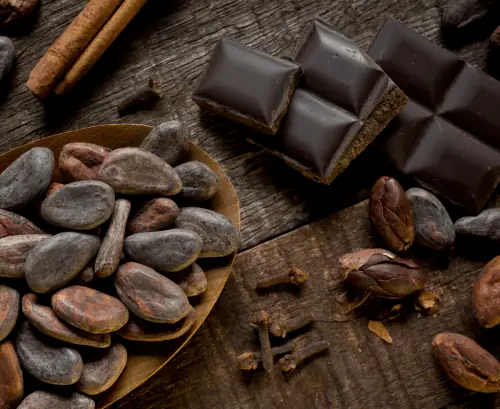
Dark Chocolate and Tea Found to Significantly Lower Blood Pressure
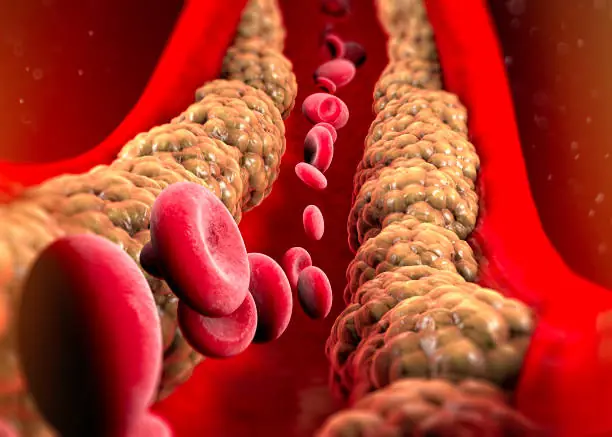
Why This Doctor Refuses to Prescribe Statins for High Cholesterol
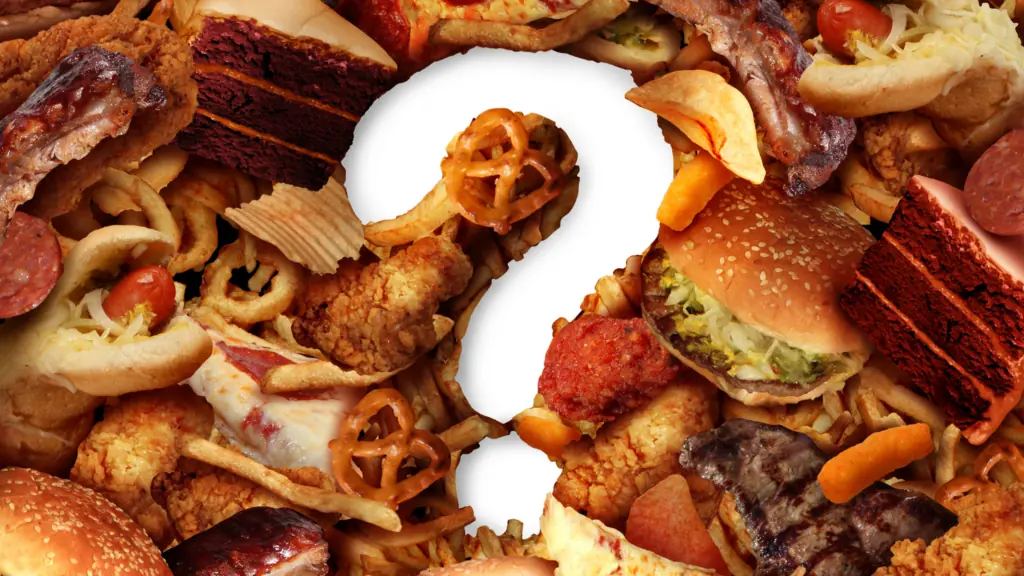
Top 5 Foods to Avoid if You Have High Blood Pressure

How bathing too often can affect your health

Did you know that if you get spots on your hands it means you have
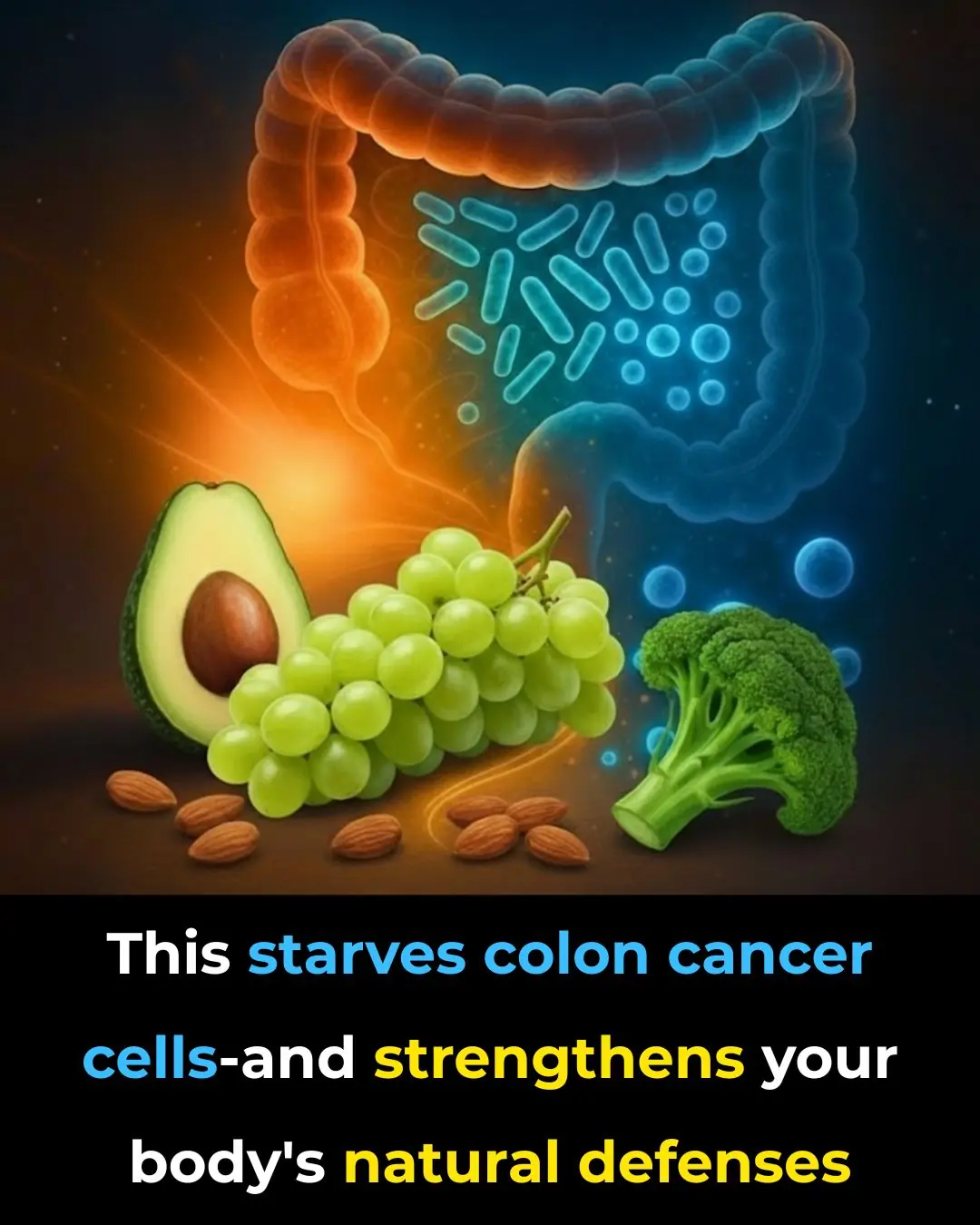
This starves colon cancer cells — and strengthens your body’s natural defenses
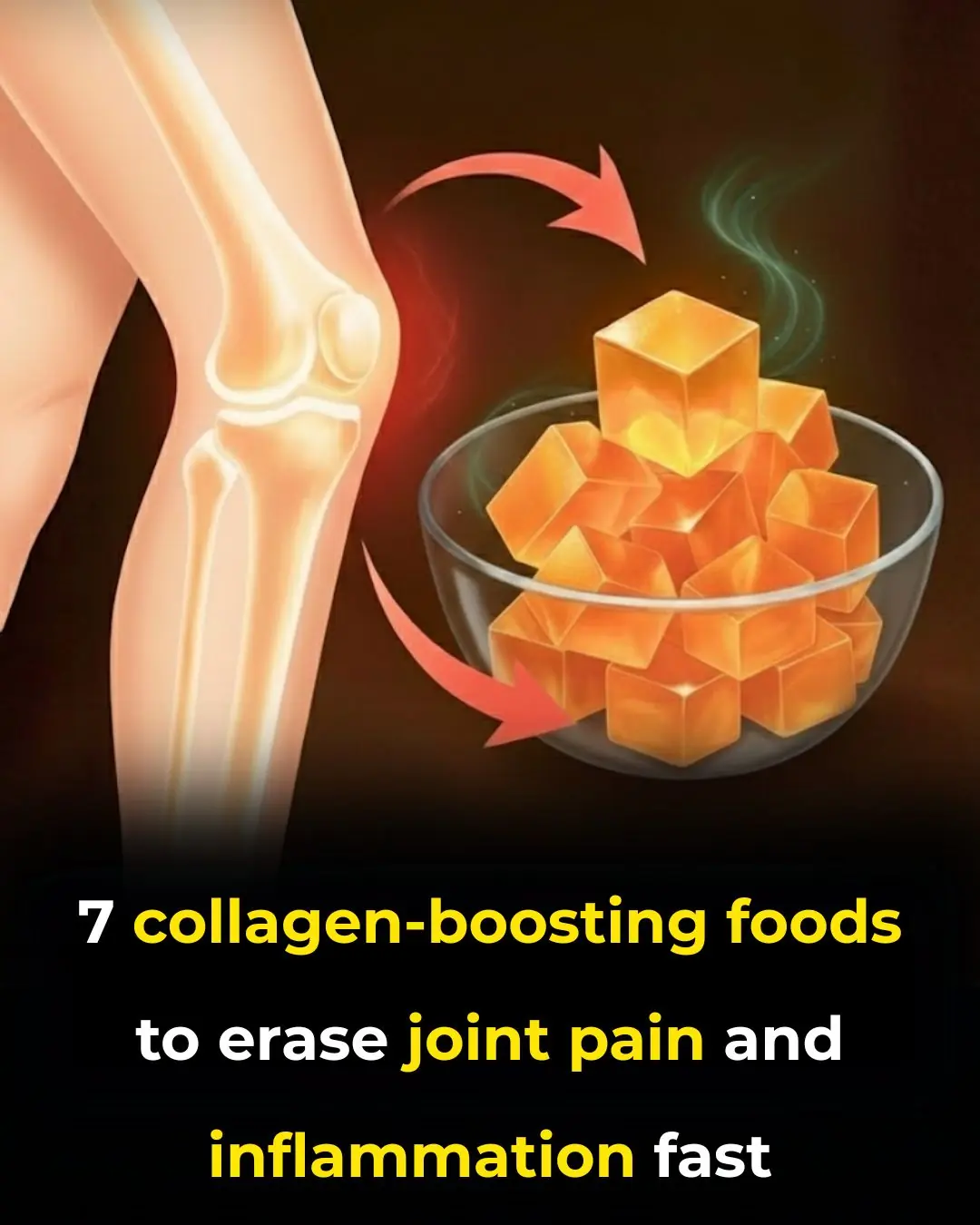
7 COLLAGEN-boosting foods to ERASE joint pain & inflammation FAST!

The Human Brain Isn’t Built for Late Nights, Experts Warn

Harvard Doctor Reveals Foods You Should Avoid to Prevent Inflammation

Unlock Your Body’s Hidden Power: Try Garlic and Honey on an Empty Stomach for 7 Days

Starve cancer: the diet rotation strategy you need to know

SHOCKING NEW STUDY REVEALS WHAT MIGHT BE SILENTLY DESTROYING HUMAN FERTILITY

POPULAR SHAMPOO URGENTLY RECALLED BECAUSE IT CONTAINS BACTERIA THAT KILLS UP TO ONE IN TEN PATIENTS

Nurse who's witnessed 'so many deaths' explains spine-chilling moment she realised 'what happens after we die'
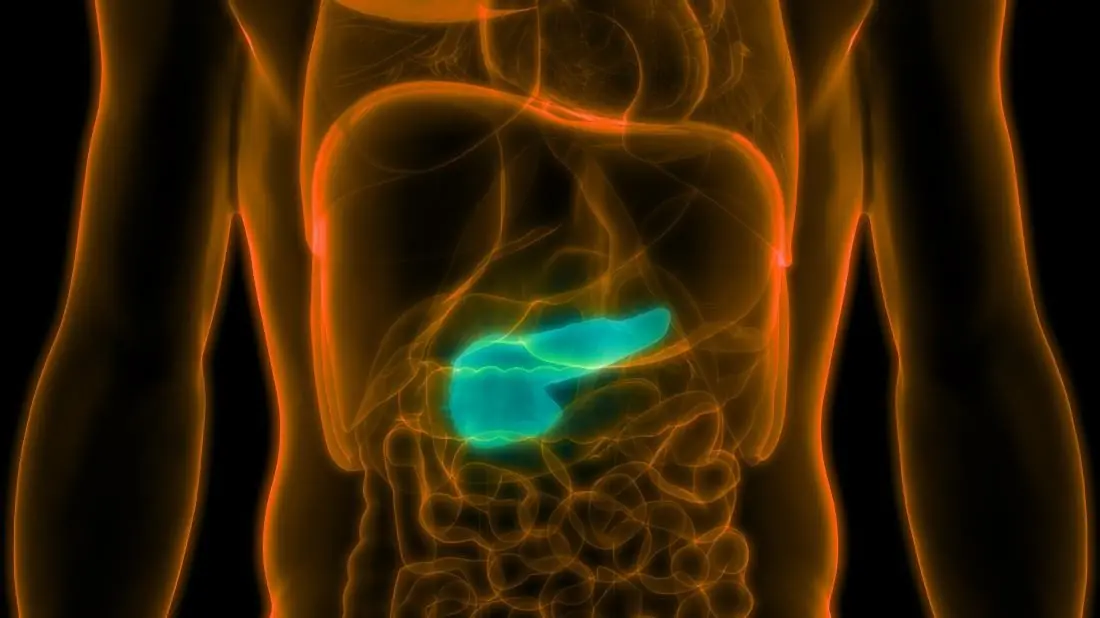
The influenza flu virus is being used to cure pancreatic cancer

Eye Doctor Reveals What To Do If You Start Seeing ‘Floaters’
News Post
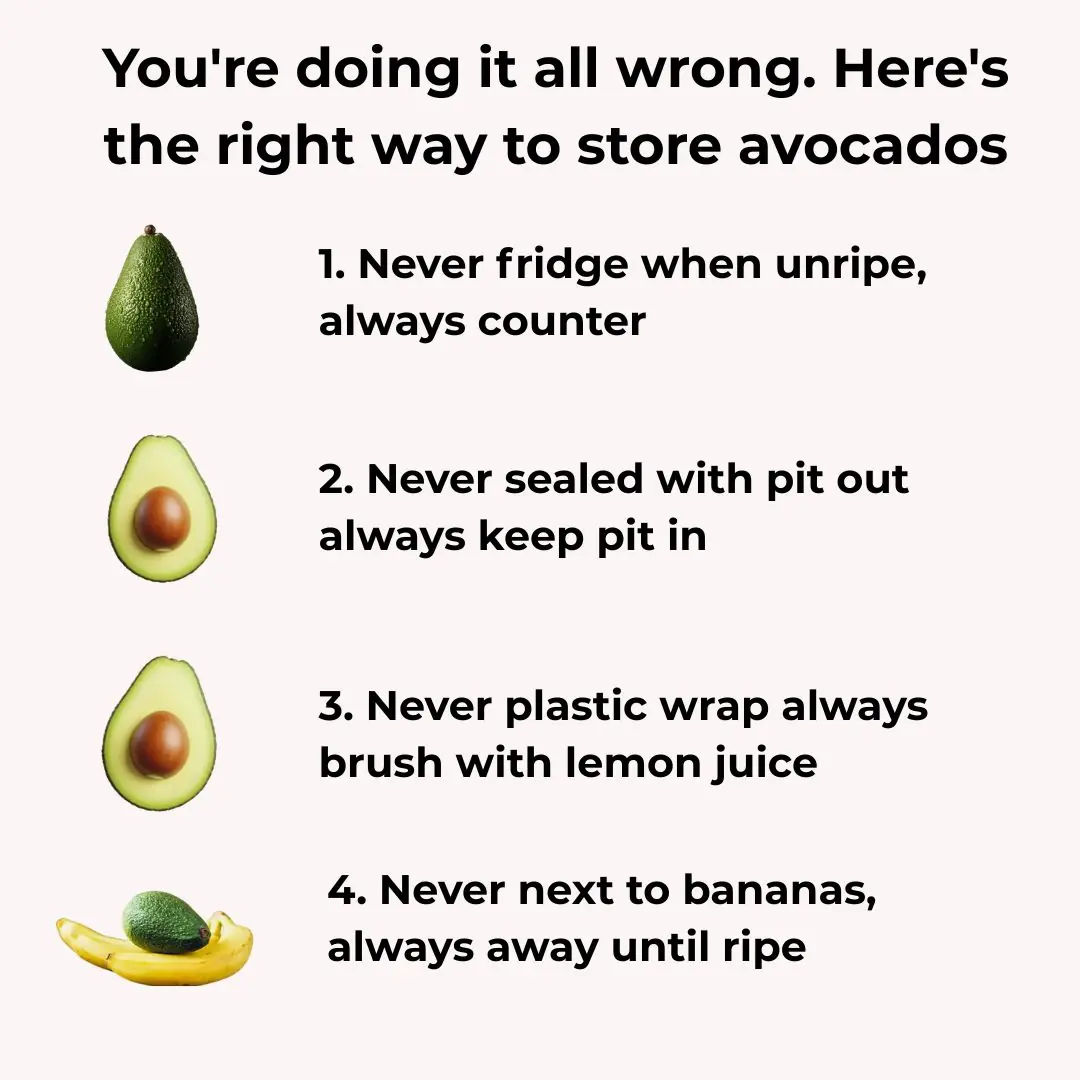
You're doing it all wrong. Here’s the right way to store avocados

8 reasons why adding baking soda to your toilet tank is a must-do trick
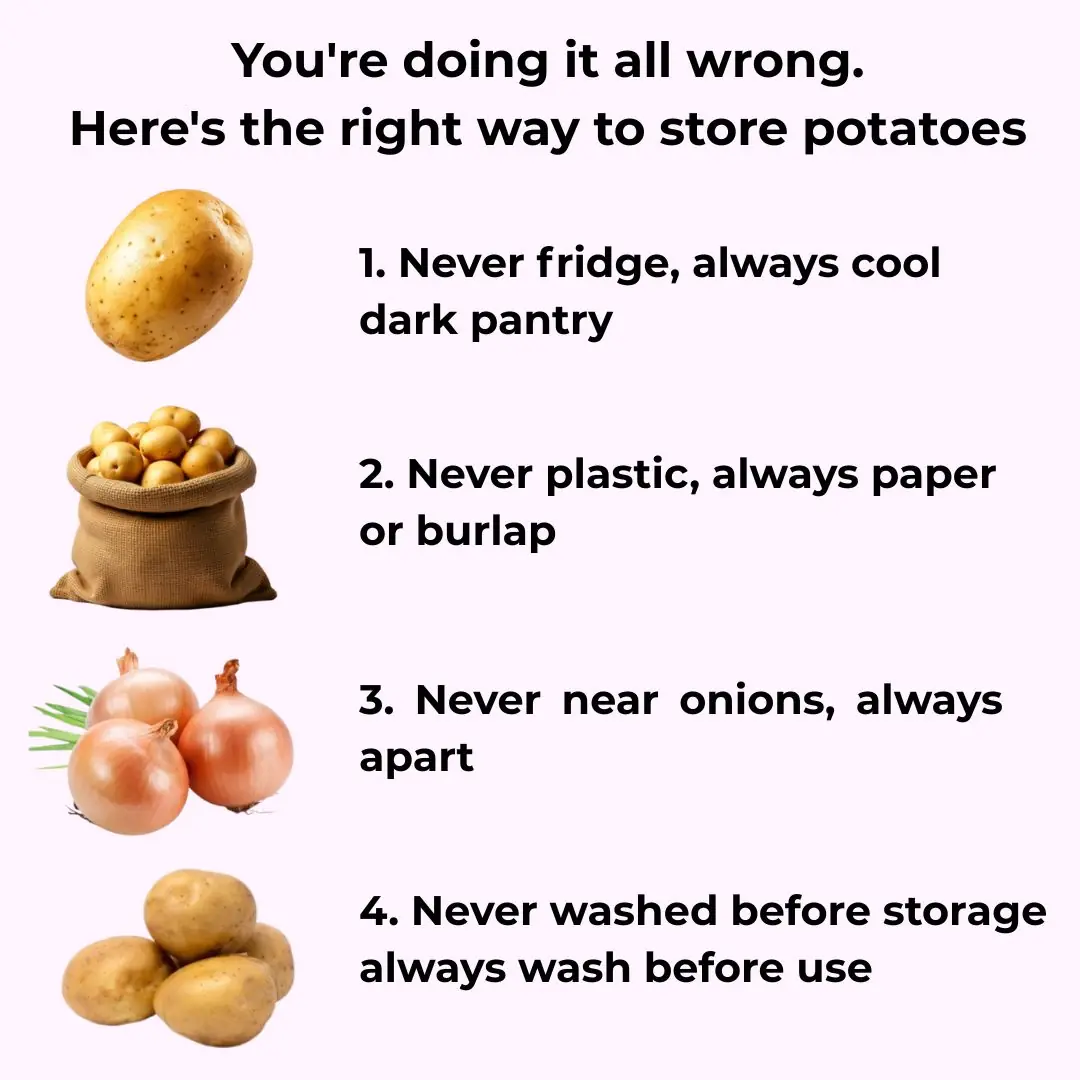
You're doing it all wrong. Here’s the right way to store potatoes

Washing machine stays clean all year without scrubbing thanks to a common household liquid, saving millions every year 👇👇
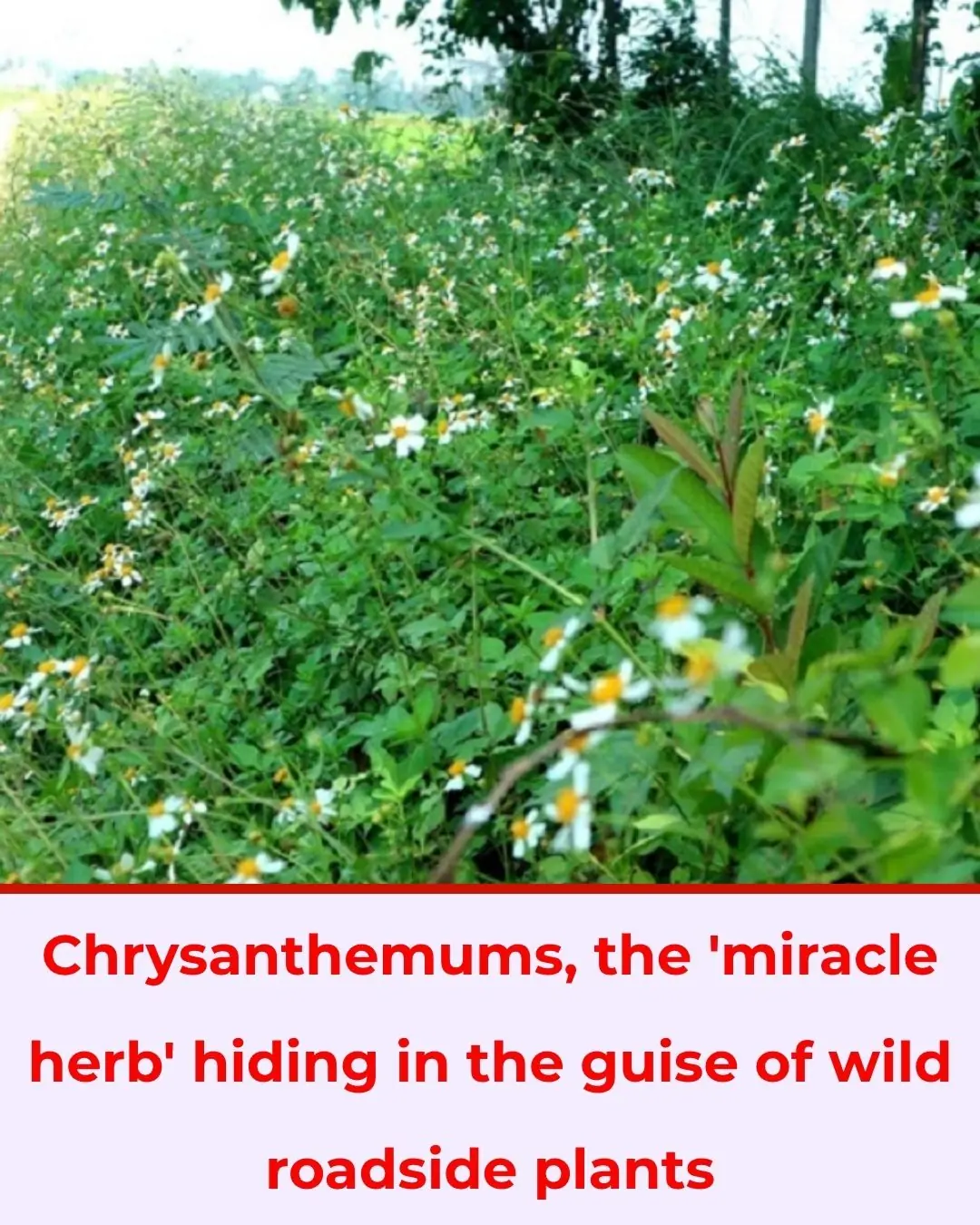
Aster flowers, the 'miracle cure' hidden in roadside wild plants

A miracle will happen when you place a handful of pepper under your bed, too bad I just found out 👇👇👇

Don't boil chicken with salt and plain water, or it will turn out fishy and reddish. Try this method for golden skin and sweet meat.
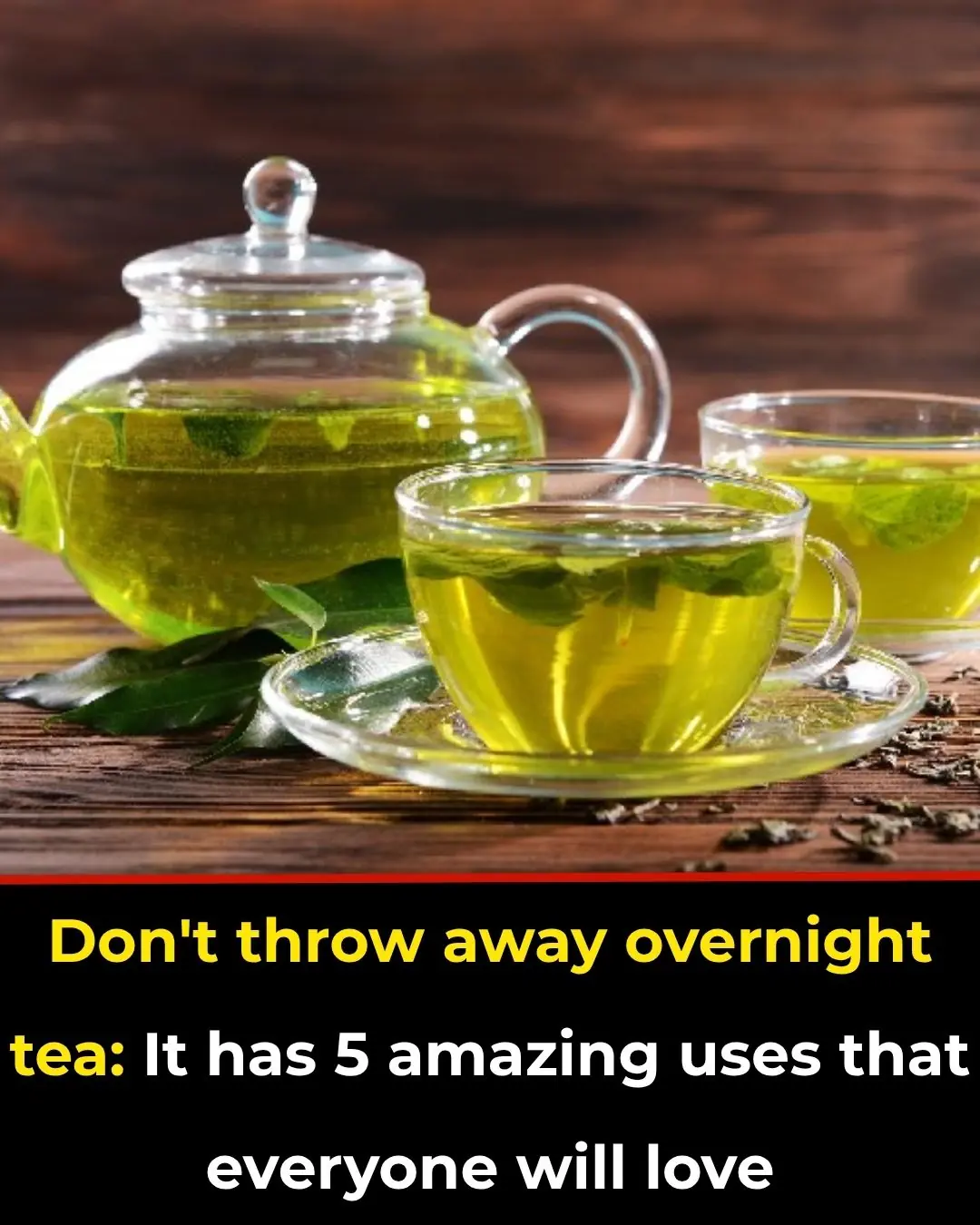
Don't throw away tea that's been left overnight: It has up to 5 amazing uses that everyone will love
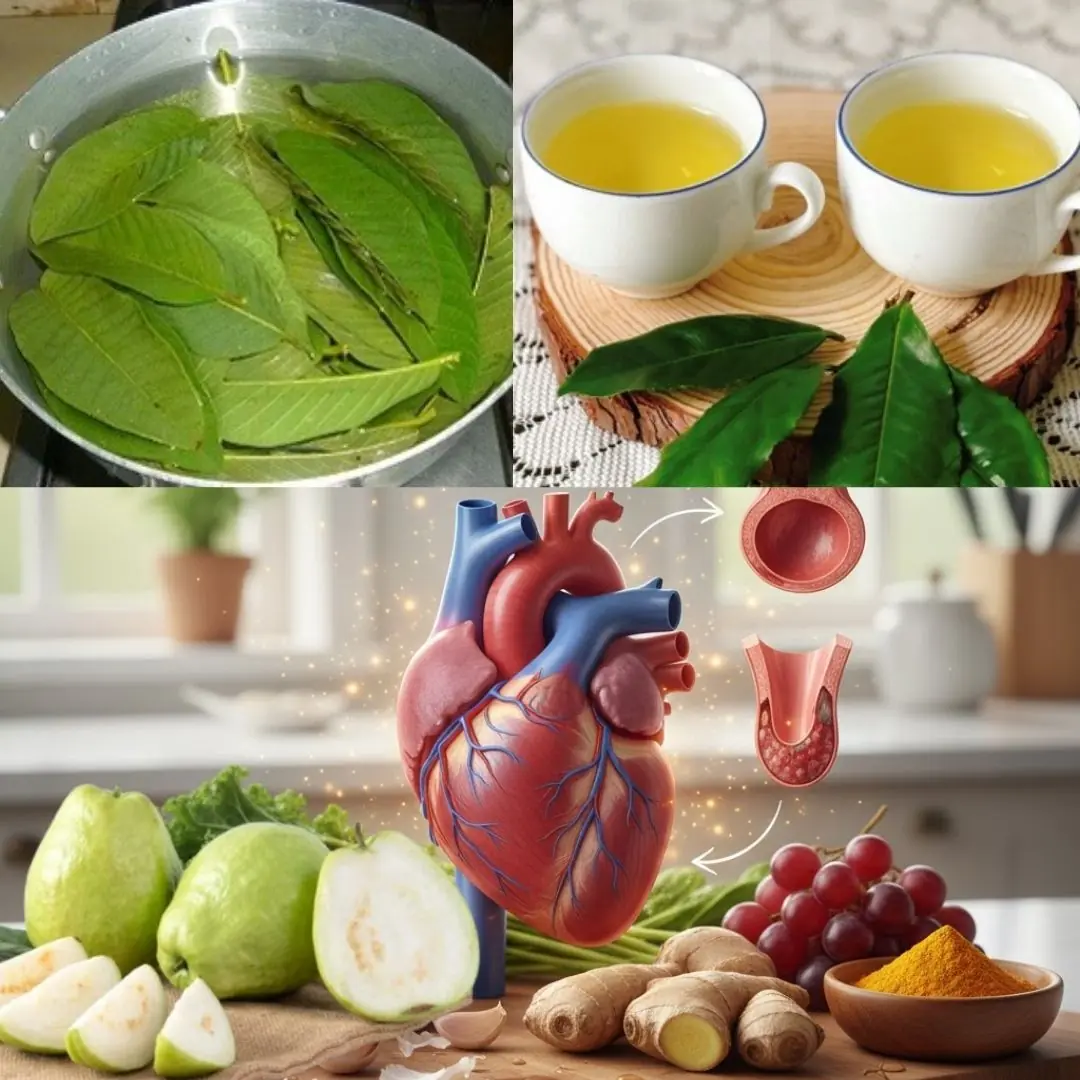
The Best Tea for Mornings and After Dinner: A Powerful Blend for Health

Homemade Vitamin E Cream for Face – Vitamin E Oil benefits for Skin

DIY Rice Cream for Glowing Skin - The Ultimate Anti-Aging Moisturizer

This DIY curry leaves and lemon oil can give your hair healthy growth

Grow Date Trees From Seed (Start in a Pot → Plant Outdoors): The Complete, No-Stress Guide

Should You Place a Fan Close to or Far from the Bed While Sleeping? Many Homes Are Doing It Wrong

Simple, Cost-Free Ways to Fix Moldy or Peeling Walls — Easy Solutions for Every Home

The Incredible Benefits of Common Comfrey: Uses, Remedies, and Precautions

Why Do Fish Sellers Often Use Black Plastic Bags? A Simple Trick Few People Notice

Why Do We Burn Steel Scrub Pads Over Fire? Many People Don’t Know This Useful Trick
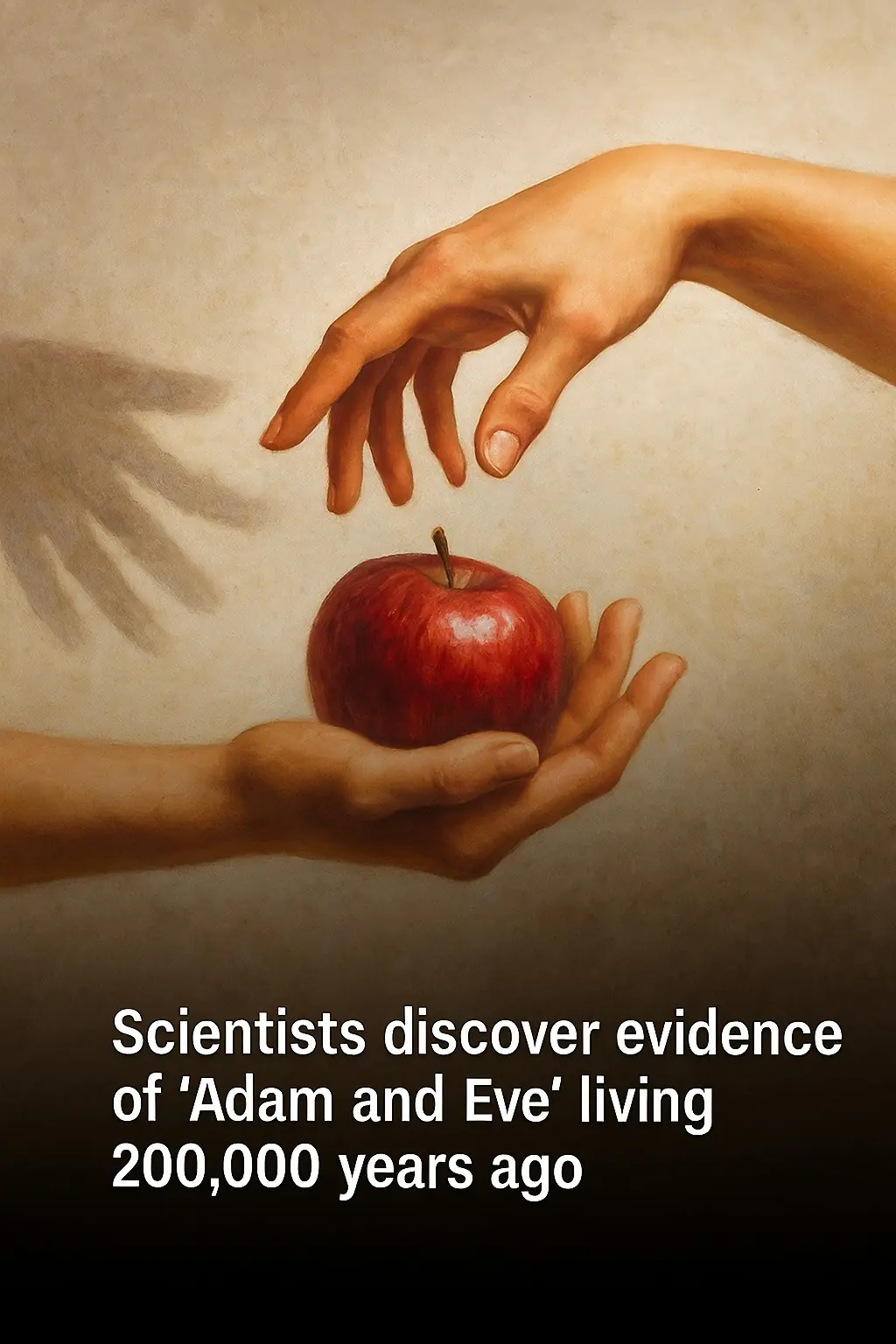
Scientists discover evidence of 'Adam and Eve' living 200,000 years ago
